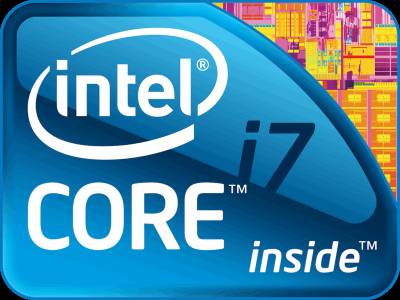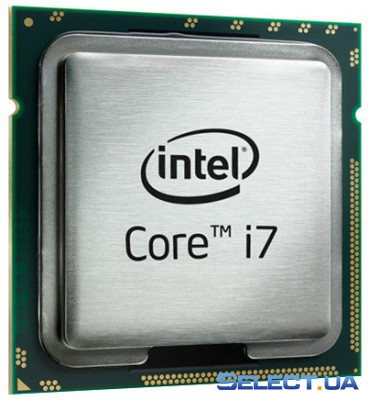Intel Core i7

In processors for socket LGA 1366, FSB is replaced by the QPI (QuickPath Interconnect). This means that the motherboard should use a chipset that supports QuickPath Interconnect. As of July 2010 only the Intel X58 chipset supports this technology.
Core i7 is not designed for multi-processor motherboards, so there is only one interface QPI.
Core ix processors for socket LGA 1156 does not use the external bus QPI. It is not required in connection with a complete lack of the north bridge (fully integrated into the processor and associated with the nuclei of the internal bus to the QPI at 2.5 gigatranzaktsii in cekundu).
The memory controller to Core i7 9xx supports up to 3 channels of memory, and each may be one or two memory DDR3 DIMMs. Therefore, motherboards support up to 6 s1366 memory strips, not 4, as the Core 2. The memory controller to Core i7, i5, and i3 on the socket 1156 is still two channels.
Supports only standard memory DDR3-800/1066 MHz (for Intel Core i7 980 support DDR3-1066 MHz).
Single-chip device: all cores, memory controller (and in the Core i7 8xx controller and PCI-E), and the cache is located on a single chip.
Notes
Note: CPU Intel Core i7 975 Extreme Edition and 950 issued to replace the processor 965 Extreme Edition and 940, respectively, gradually displace them from the price lists are available for order on April 7, 2009.
Note: the i7 800 series is no external bus QPI, due to the fact that the processor is fully absorbed the northern bridge, so no bus FSB, or QPI is not required.
Note: DMI bus is present between the northern and southern counterparts in the bridge system and the bus QPI, and DMI bus
Note: Intel Core i7 920 is replaced by a little faster 930, taking orders for this processor will end September 24, 2010, but the OEM-supply will not turn off until until a certain date.
Thanks to technology, Intel ® Hyper-Threading each core can work simultaneously with two tasks, allowing for faster processing of data and spend less time waiting. 
